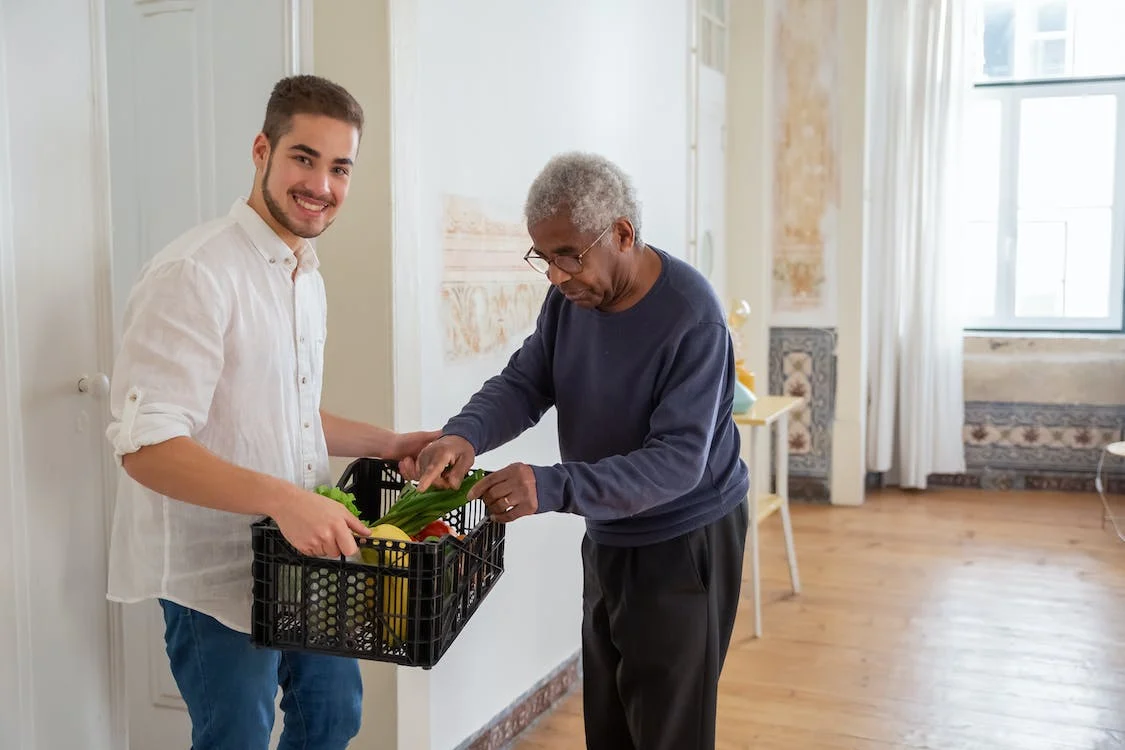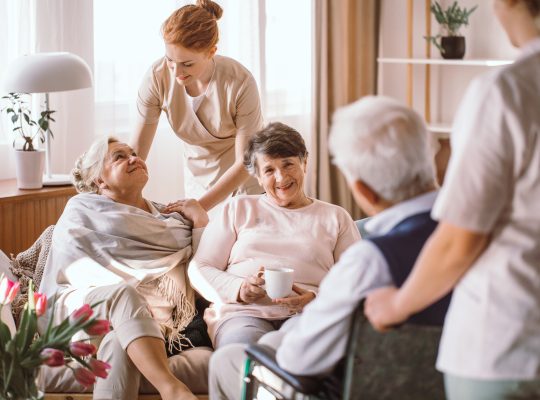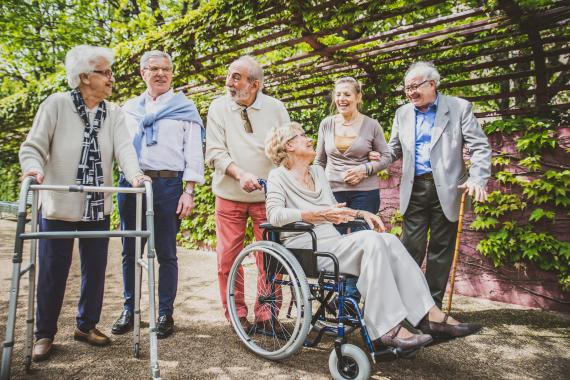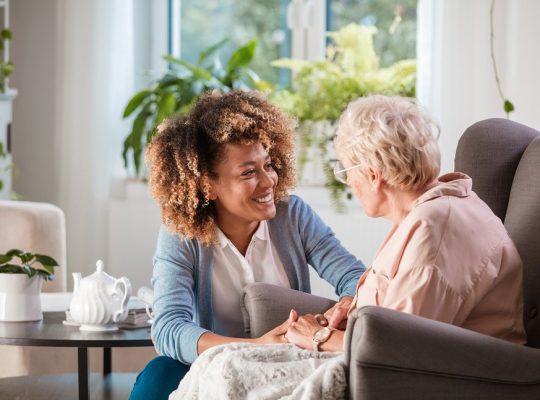Treating insomnia in the elderly is a recurring theme among seniors, but there are many ways to resolve and control it.
Insomnia in the elderly tends to present differently than in youth and adults. About 70% of men and 80% of women over 65 seem to experience it.
The most obvious consequences? They have trouble falling asleep, wake up more often, and wake up earlier in the morning.
What Are the Characteristics of Insomnia in the Elderly?
Elderly people who have insomnia complain of moderate difficulty falling asleep at night and less constant rest, which causes nocturnal insomnia. These problems lead to the inability to sleep soundly (or at all) and difficulty waking up tired.
These also lead to issues such as short temper, poor concentration, waking up in the night, lack of emotional control, slow reflexes, fatigue, and glare.
But Why Do Older Adults Have Trouble Sleeping at Night?
First, it should be noted that the causes are very different for men and women. For men, it is mainly due to the need to go to the bathroom, while women are primarily triggered by negative thoughts that make it difficult to sleep.
In general, loneliness, unhealthy lifestyles, and undesirable environmental factors (noisy rooms, uncomfortable mattresses, etc.) are the most common factors that interfere with sleep.
However, children and grandchildren, life changes, and catastrophic thoughts also keep the body from relaxing when it comes time to fall asleep.
In addition, frequent night-time eating causes indigestion (more common in men), and boredom due to joint pain (mainly in women) are recurring factors.
Then there are the many causes from which the patient already suffers, to which insomnia is added. These tend to worsen with age, mainly depression, diabetes, possible kidney or lung disease, heart failure, and neurological diseases such as Alzheimer’s and Parkinson’s.
Getting rid of bad habits and developing a healthier lifestyle and determination and motivation are fundamental to restoring physical and mental balance and restful sleep.

Therefore, “sleep hygiene” is proposed as a concept based on a precise code of conduct cultivated by the following six behaviors:
- Do not drink coffee or caffeinated substances during the evening hours. Strictly limit the intake of alcohol, as it causes sleep fragmentation.
- Have a set time for dinner. It is advisable to eat at least 3 hours before you plan to go to bed.
- If possible, go to bed at the same time and get up at the same time.
- Do not use the bedroom or bed for watching television. Use the bed only for sleeping.
- Avoid taking medications that may cause insomnia or restlessness.
- Stay positive despite the pain caused by lack of rest.
In addition to this, you can also rely on natural remedies, medications (by a trusted doctor), and night-time specialists to reduce stress during the hard times.
Natural remedies for insomnia can be helpful to support falling asleep and sleep lightly and peacefully. Several herbal remedies for this problem can have a sedative effect depending on the need.
- Chamomile is the most used natural remedies and is excellent for children as well (be careful not to overdo it to avoid the opposite effect).
- Hawthorn: works on the nervous system, sedates, and promotes sleep.
- Hypericum: has a sedative effect, especially for depression.
- Linden: mildly sedative, but good for calming tension and nerves.
- Sweet orange: sedative.
- Willow and passionflower: in addition to its relaxing effect, it also relieves palpitations and anxiety.
- Lemon balm: acts primarily on the nervous system.
- Artemisia: acts as a natural sedative for stress and anxiety.
These herbs should be taken continuously for at least two weeks to achieve the initial sedative effect.







